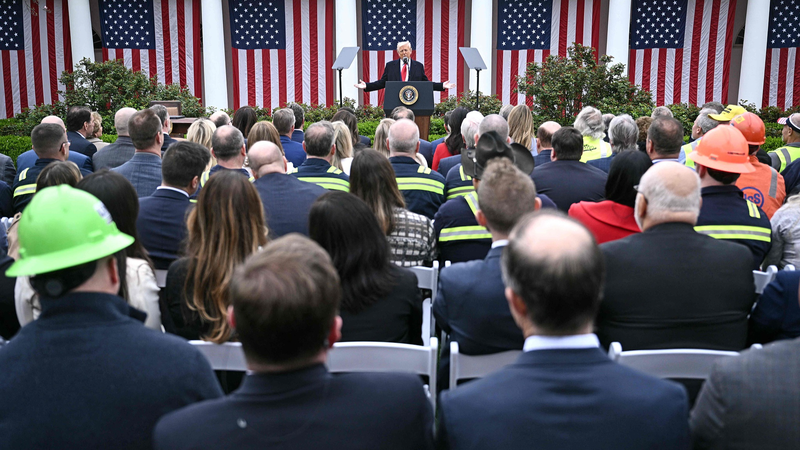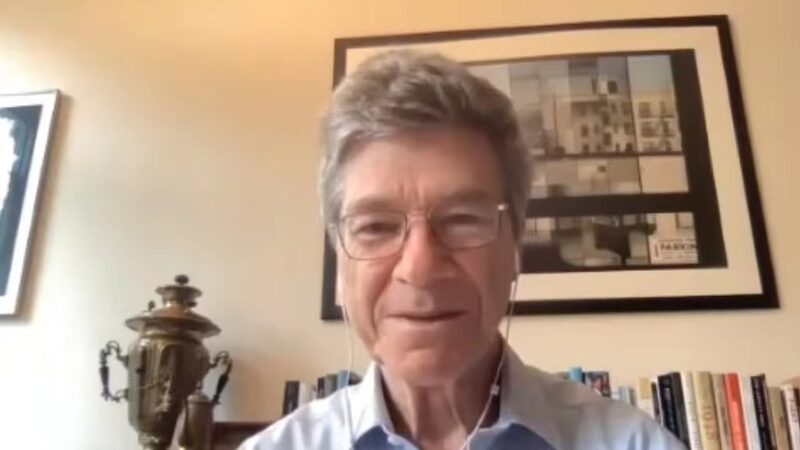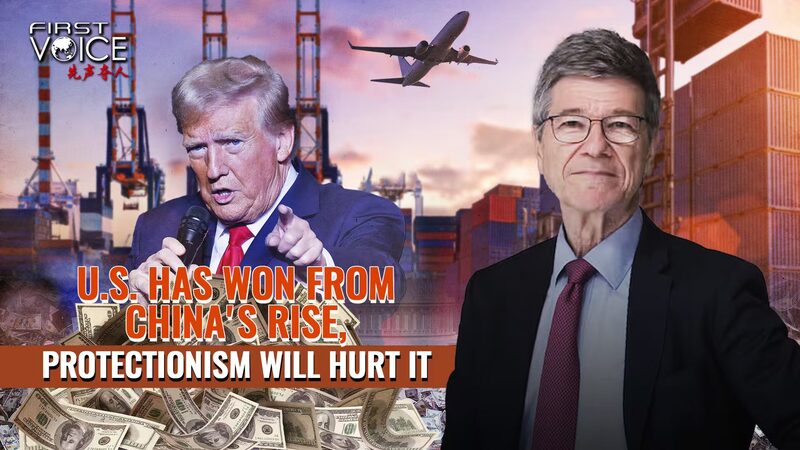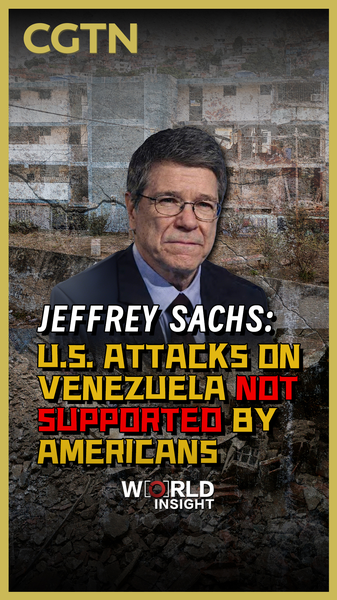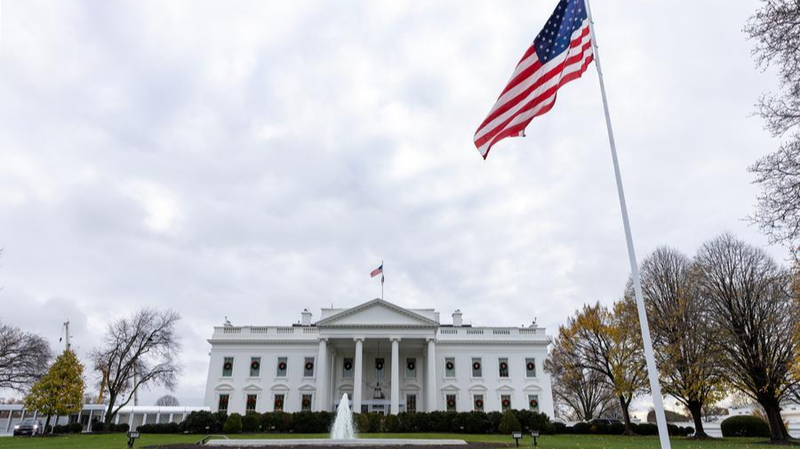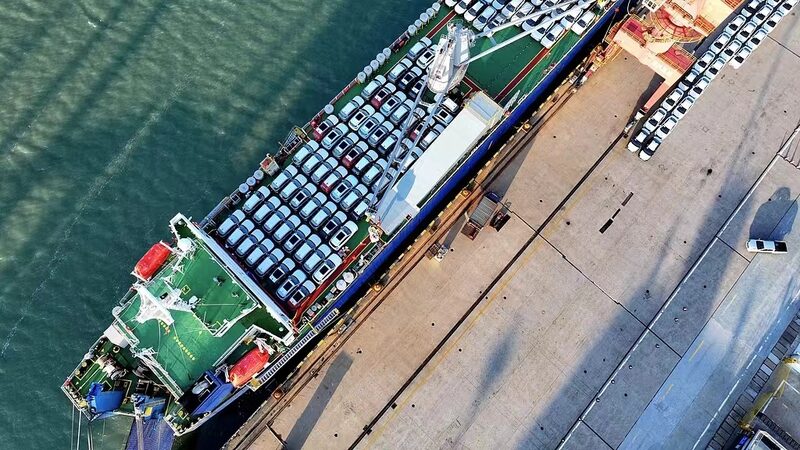American economist Jeffrey Sachs has sounded the alarm over the U.S. government's latest tariffs on China, calling them a “misguided” strategy that could trigger global economic turmoil. 🌪️ In a recent interview, the Columbia University professor drew parallels to the 1930s Smoot-Hawley Tariff Act, which fueled worldwide protectionism and contributed to the Great Depression. “A collapse of global trade could lead to fractured international relations,” he warned, adding that history shows such policies “don’t end well.”
Why the U.S. Needs China’s Growth 🚀
Sachs pushed back against anti-trade rhetoric, arguing that America has benefited massively from China's economic rise. 💰“China’s rapid development fueled U.S. industries and the digital revolution,” he said, noting that globalization made “a lot of people—and industries—rich” in the U.S. Tech giants like Apple and Tesla, for instance, rely heavily on Chinese manufacturing and markets.
Will Politics Derail Progress? 🗳️
The economist acknowledged that election-year politics, especially in swing states, often drive protectionist policies. But he urged U.S. leaders to prioritize long-term economic realities over short-term gains. “If the U.S. abandons open trade, China will fill the gap as a leader in key technologies,” Sachs cautioned, advising Europe and others to “avoid blindly following America’s lead.” 🌐
The Takeaway: Cooperation Over Conflict 🤝
Sachs’ message is clear: protectionism hurts everyone. With U.S.-China tensions reshaping supply chains and innovation, his call for fair trade policies underscores what’s at stake—global stability and a shared prosperous future. ✨
Reference(s):
cgtn.com
